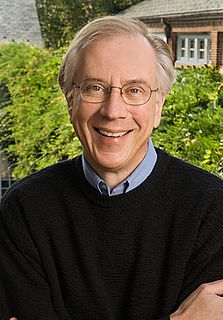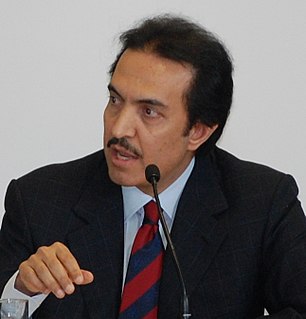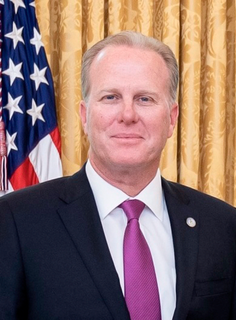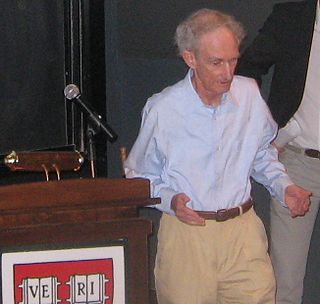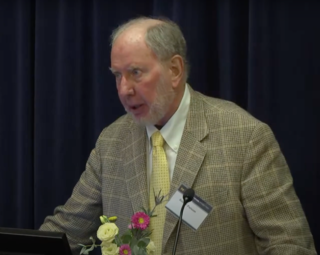A Quote by Francis Collins
As a Christian, but also as a scientist responsible for overseeing the Human Genome Project, one of my concerns has been the limits on applications of our understanding of the genome. Should there be limits? I think there should. I think the public has expressed their concern about ways this information might be misused.
Related Quotes
The question is, are there useful things that we can do with the results of a genome sequence that would bring benefit? And the answer is, today, should the majority of people go and have their genome sequenced? Probably not. But are there particular circumstances in which genome sequencing is really helpful? Yes, there are.
Recently, results of the Human Genome Project have shattered one of Science's fundamental core beliefs, the concept of genetic determinism. We have been led to believe that our genes determine the character of our lives, yet new research surprisingly reveals that it is the character of our lives that controls our genes. Rather than being victims of our heredity, we are actually masters of our genome.
I think corporations should give more attention to this suffering and should wait to invest until there is a responsible government in Burma. I do not think it is a good idea to separate economics from politics; in fact, I do not think economics can be separated from politics It's quite understandable that many business concerns think only about their own profits It's up to the public to put as much pressure as it can on these companies, through shareholder resolutions and public actions.
Every cell in our body, whether it's a bacterial cell or a human cell, has a genome. You can extract that genome - it's kind of like a linear tape - and you can read it by a variety of methods. Similarly, like a string of letters that you can read, you can also change it. You can write, you can edit it, and then you can put it back in the cell.
Unequal Democracy is the sort of book to which every political scientist should aspire--it is methodologically rigorous, conceptually serious, and above all, it addresses urgent concerns of our fellow citizens. As Bartels shows, much of what we think we know about the politics of economic inequality is dead wrong. Bartels's perplexing and often unexpected discoveries should help refocus the gathering public debate about inequality and what to do about it.



